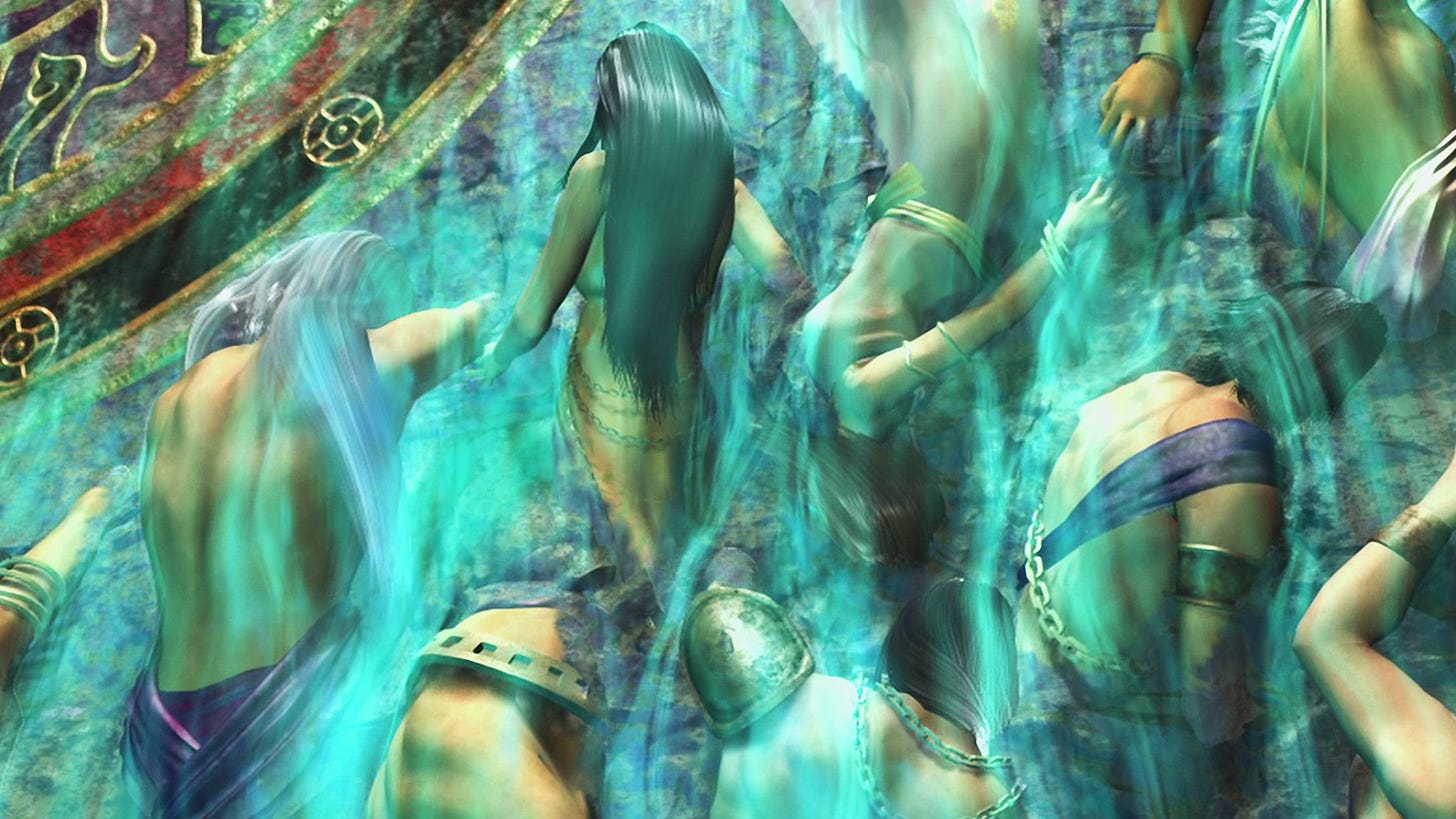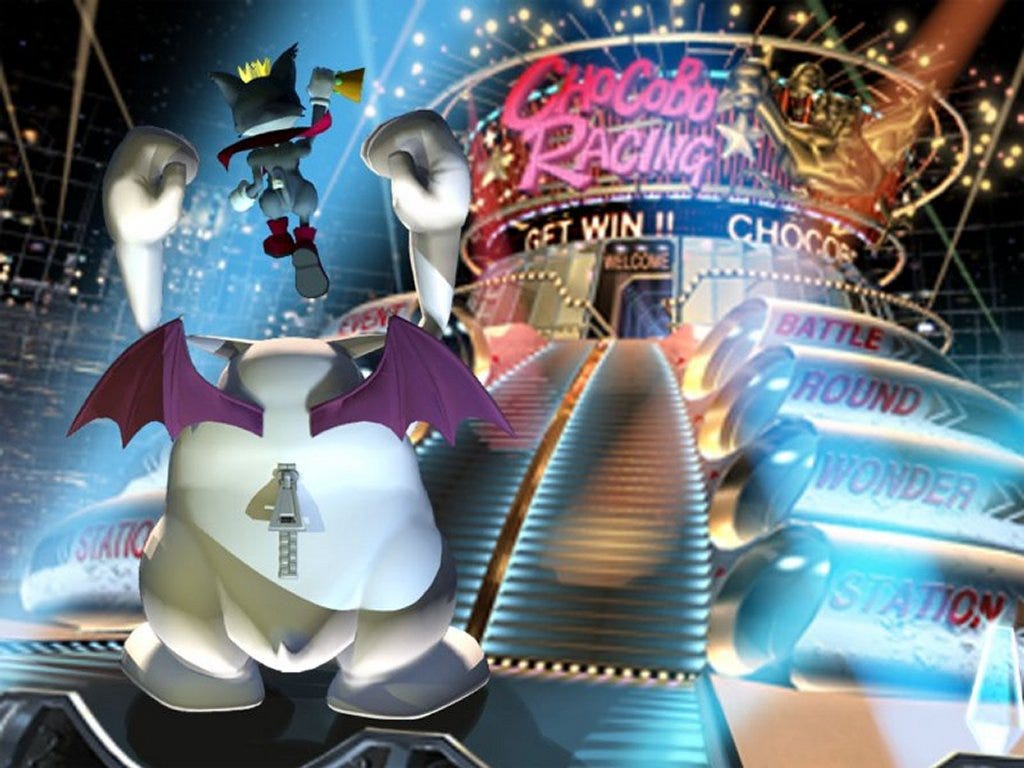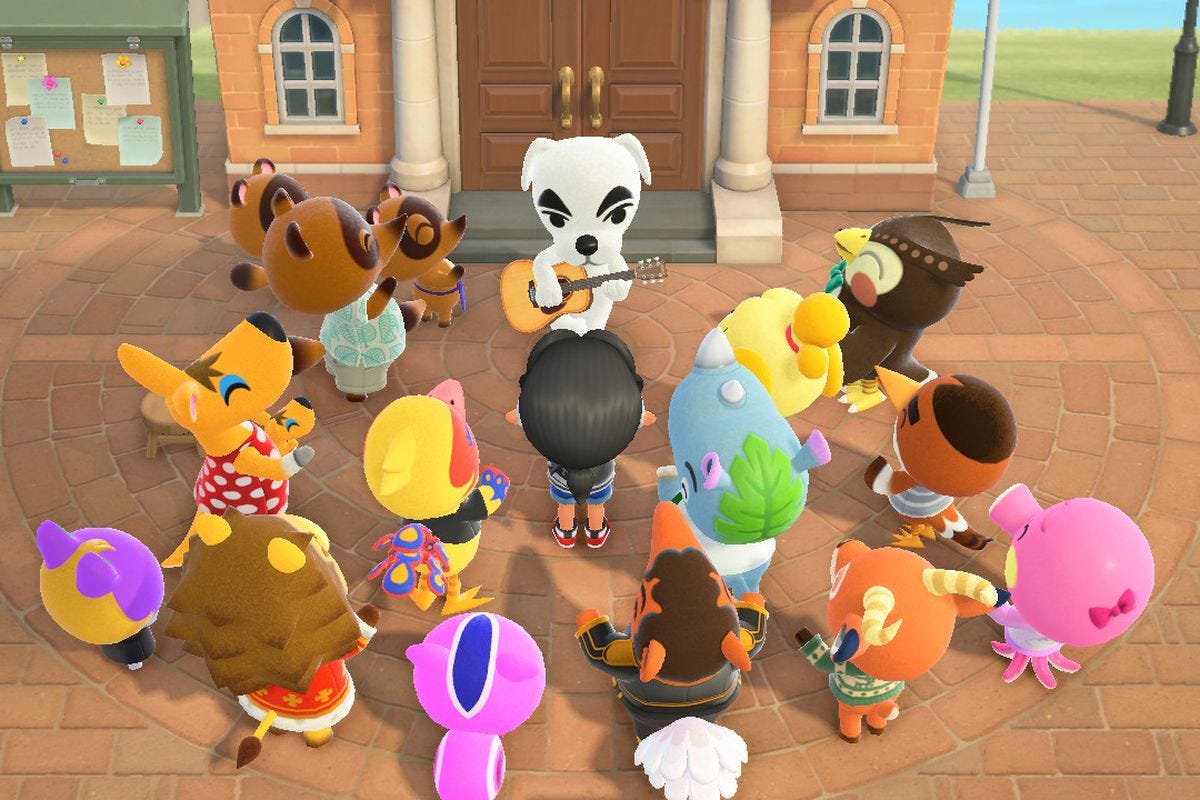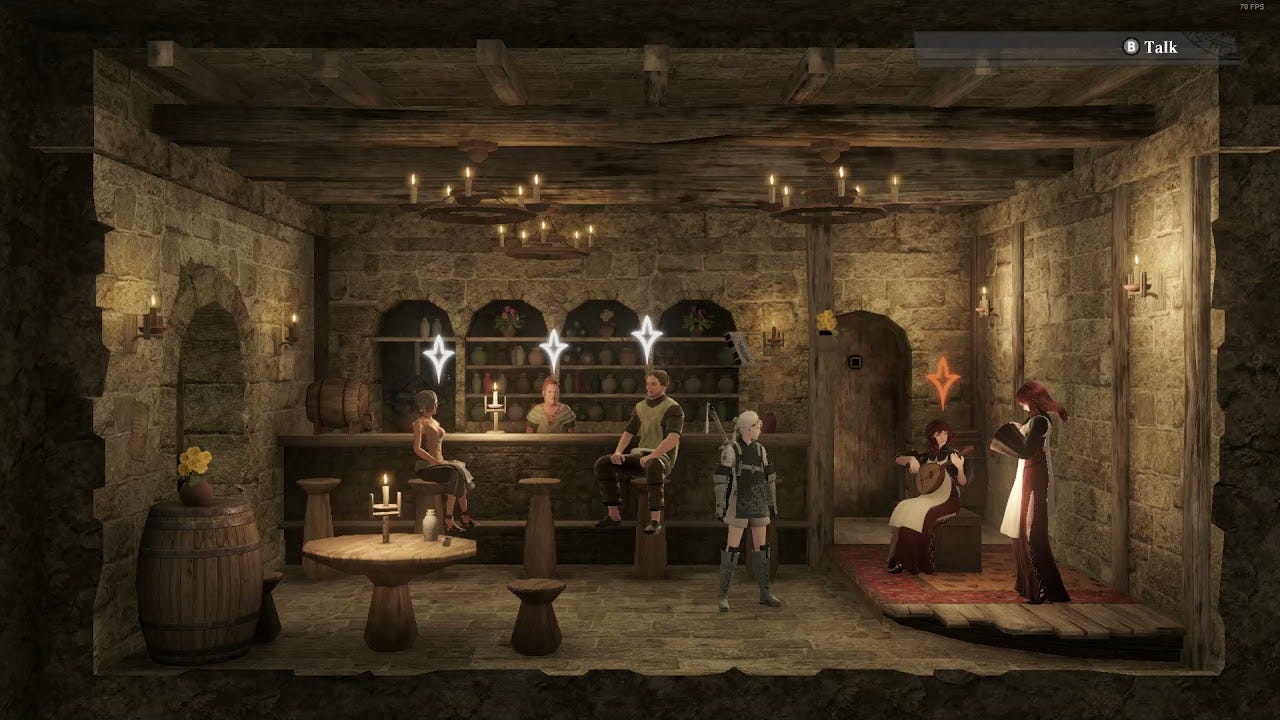Folk Sounds of the Digital Multiverse
Part of the 2024 Folk Marathon on WTJU Charlottesville, 91.1 FM
I volunteer as a DJ for Charlottesville’s local independent radio station, WTJU Charlottesville, 91.1 FM.
WTJU broadcasts locally and streams worldwide on the web, so you can tune in live no matter where you are, or you can catch the archived stream anytime!
Whenever I host a show, I’ll drop its stream and a corresponding playlist on the blog, and I’ll write a little about what I’m spinning and why.
Hope you enjoy and hear something that inspires!
What is the WTJU Folk Marathon?
Every year WTJU has four different week-long marathon shows: folk, rock, jazz, and classical. These marathons aren’t just another reason to do great programming—they’re fund drives!
WTJU is a listener-supported community radio station. It’s run by the community in both the sense that all of its DJs are volunteers and the single largest source of its operating budget comes from its listeners.
As you’ll hear me and my co-host, Stephen—aka DJ eXcellence SLD—talk about many times on the air, WTJU broadcasts music that is specially curated by your friends and neighbors (locally if you’re with us in Cville, but as for you streamers, we’re your global neighbors, too!). We’re not beholden to any big money entities to play the hits, nor are we slaves to the algorithm. Our program curation is very personal—it’s an act of giving and of sharing.
To get a program on these marathons, DJs have to submit ideas to the department directors, and the director then has to sift through all of them to create the week’s lineup. It’s a testament to WTJU’s style that they not only are open to someone hosting two hours of video game music over the radio, but that this is the second time they’ve allowed me to do so. This is a station that’s not afraid to get weird, and we love to see it!
While you’re listening to the show, please do consider pledging a donation to WTJU to keep this type of programming thriving, whether it’s $5, $50, or $500. Every bit helps. You can earmark your pledge to this show even if you donate today!
And, of course, a huge shout-out is warranted to everyone who donated last night—it really means the world to me and to everyone who tunes in and knows the value of sharing music and experiencing it together.
What is a folk sound of a digital multiverse?
The show’s official description is:
Video games create digital universes in which, like our own world, each location traveled has a distinct feel—distinct characters, distinct visuals, and, of course, distinct music. Come enter the uncanny valley of video games, where musical traditions blend the familiar from our world with its own particular flavors.
So, put simply, we played music that is either, both, or all…
Diegetic: music that is folk in the sense that it can be heard by the characters in-game and is representative of their digital world.
Location-distinct: music that we hear that is meant to represent an in-game location that player then forever associate with that location and experience, much like how folk music functions in our world.
Familiar: music that is in a video game but could easily be confused with [folk] compositions that bands in the real world play.
Folk Sounds of the Digital Multiverse | Wednesday, February 7, 2024
Link to the archived web stream
Public Spotify playlist:
Set 1: Perrrrrsona!
The Junes theme is the theme music that the characters in Persona 4 hear in their local department store.
Also from Persona 4, “Someone Else’s Man” is the music that’s played in the Shiroku Store when it changes from a humble daytime general store to a saucy nightclub when the sun goes down.
“No More What Ifs” is performed for the characters of Persona 5: Royal if you take your confidants to the jazz club.
The Dividers
Between each set, I played a different rendition of the “Hymn of the Fayth” in Final Fantasy X. In the game, a character has to go to all of the temples around her world to gain the power to summon mythical beasts. Each temple has its own version of the hymn, acting as folk music from the different regions in the game.
If you donated, I even sang to you with the song! WTJU late night radio rules!
Set 2: Final Fantasies
Final Fantasy VII’s “Fiddle de Chocobo” and “Gold Saucer” are musics that play in a futuristic fairground in the game.
We have two tracks from Final Fantasy VIII:
“Balamb GARDEN” is the unforgettable track that plays in the game’s initial setting.
It has a love theme called “Eyes on Me” (written by series composer Nobuo Uematsu and sang by pop artist Fae Wong). “Julia” is the diegetic instrumental version of that theme that a woman plays at a piano in a bar.
And two from Final Fantasy VI:
“Spinach Rag” is a ragtime piece that plays in a couple of locations, one being an auction house.
“Kids Run Through the City” is a non-diegetic, iconic town theme (Uematsu is a master of melody, is he not?)
“Tavern” is from Final Fantasy Tactics and its name describes its function ;)
Set 3: Hype Mode
“Blitz Off” is the music that plays during Blitzball matches in Final Fantasy X. Blitzball is the arena sport of the game’s world.
“STAND UP” is from Final Fantasy VII Remake and is the diegetic music that accompanies a dance sequence and rhythm mini-game.
Stephen’s top choices for this set were the next tracks from Tekken 8. The setting is a party boat cruise along the Syne, and Stephen imagines that this music is actually what’s being played during the fighting bout. Dig that trumpet intro!
Set 4: Modern Chiptunes
Shovel Knight’s “No Weapons Here” is a village theme; "Watch Me Dance!” is a tune that’s played in the village and is one that, if played by anything other than electronic instruments, you could imagine might be traditional dance music in our world.
The indie smash Crypt of the Necrodancer features item shops wherein the shopkeep sings along with the music in the background. Is the shopkeep’s accompanying music diegetic or not? Hard to say!
Set 5: Supergiant Songs
Supergiant Games composer Darren Korb is known for his modern take on game music, and a major part of his style includes these in-game songs that are sung by him and collaborator Ashley Barrett. All three selections are character-performed and diegetic.
Set 6: The Songs of Totakeke
There is nothing more folksy in video games than K.K. Slider (aka Totakeke), a dog with an acoustic guitar that sings in the language of the game. These aren’t on Spotify but I’ll link:
“K.K. Folk” because duh
“Comrade K.K.” because duh, but also because this is the version that K.K. recorded that you can listen to on your record player.
“Drivin’” because it’s a bop! Feel the wind in your hair (or fur)!
Set 7: Chrono-palooza
There will never be a video game music set in which I don’t play the music of my favorite game composer of all time, Yasunori Mitsuda! The first 3 are from Chrono Trigger and the second from its sequel, Chrono Cross:
“Guardia Millennial Fair” is another fairground tune—likely diegetic due to the “HA”s and the handclaps.
“Gato’s Song” is a song sung by a giant robot you can fight to win tokens to use at fair vendors’ shops.
“Corridors of Time” is one of the most classic VGM pieces of all time. I even cover it with my jazz x VGM band, The Hard Modes (link is to a performance at none other than the WTJU station!). This is another great example of a piece that is so real that it could exist as a folk piece in our universe without a second thought (arguably, it does if you consider video game music a type of folk music of gamers!).
The plot of Chrono Cross is actually centered around the concept of multiverses—there is a ‘Home World’ and an ‘Another World’, and every in-game town has its own theme per world. I selected one theme from each universe, but different areas. If “Corridors” didn’t feel authentic enough, these are no-doubters, as is the majority of that game’s soundtrack.
“Magical Dreamers” is a song that is performed by an in-game band.
Set 8: Downers
The music of NieR: Replicant is gorgeously haunting. The best part, though, is that the language used in the songs is completely fabricated.
“Song of the Ancients / Hollow Dreams” is a duet performed by two characters in the game. They also have their own separate versions.
“Emil / Sacrifice” is kind of a cheat addition—I just wanted to feature another beautiful NieR tune and chose this because of the child’s voice.
“Leyndell, Royal Capital” is another SLD selection. It’s a location in Elden Ring, and while the official track is atmospheric and moody, there are creatures you encounter that are actually playing a melody featured in the track.
The Closer
In Persona 4: Golden, the Investigation Team’s contribution to the school’s festival is that they form a band and impossibly learn how to play instruments in no time flat. A quote from my friend Tuong after he heard it:
Perfect end. The desire to randomly start a band and learn instruments in like a week.
Yes, lol. Please enjoy the FMV of the performance:
I hope you find something new you love in these sets. Let me know in the comments!
Peace,
Greg








![OC] I Drew and Animated the Shop from Crypt of the NecroDancer! : r/PixelArt OC] I Drew and Animated the Shop from Crypt of the NecroDancer! : r/PixelArt](https://substackcdn.com/image/fetch/$s_!LmCB!,w_1456,c_limit,f_auto,q_auto:good,fl_lossy/https%3A%2F%2Fsubstack-post-media.s3.amazonaws.com%2Fpublic%2Fimages%2F888ebb72-28f2-4e0f-ac1a-eb7dd13042ae_560x360.gif)



